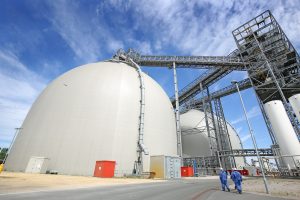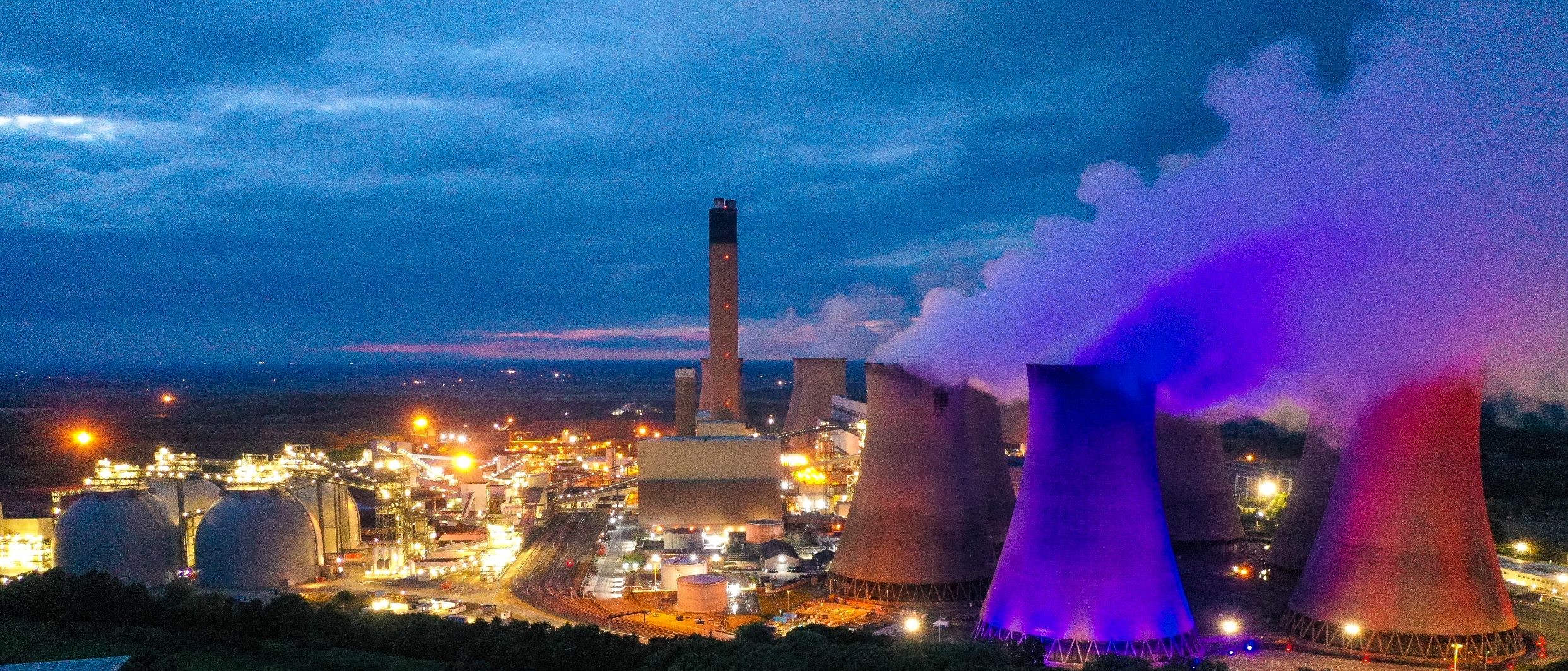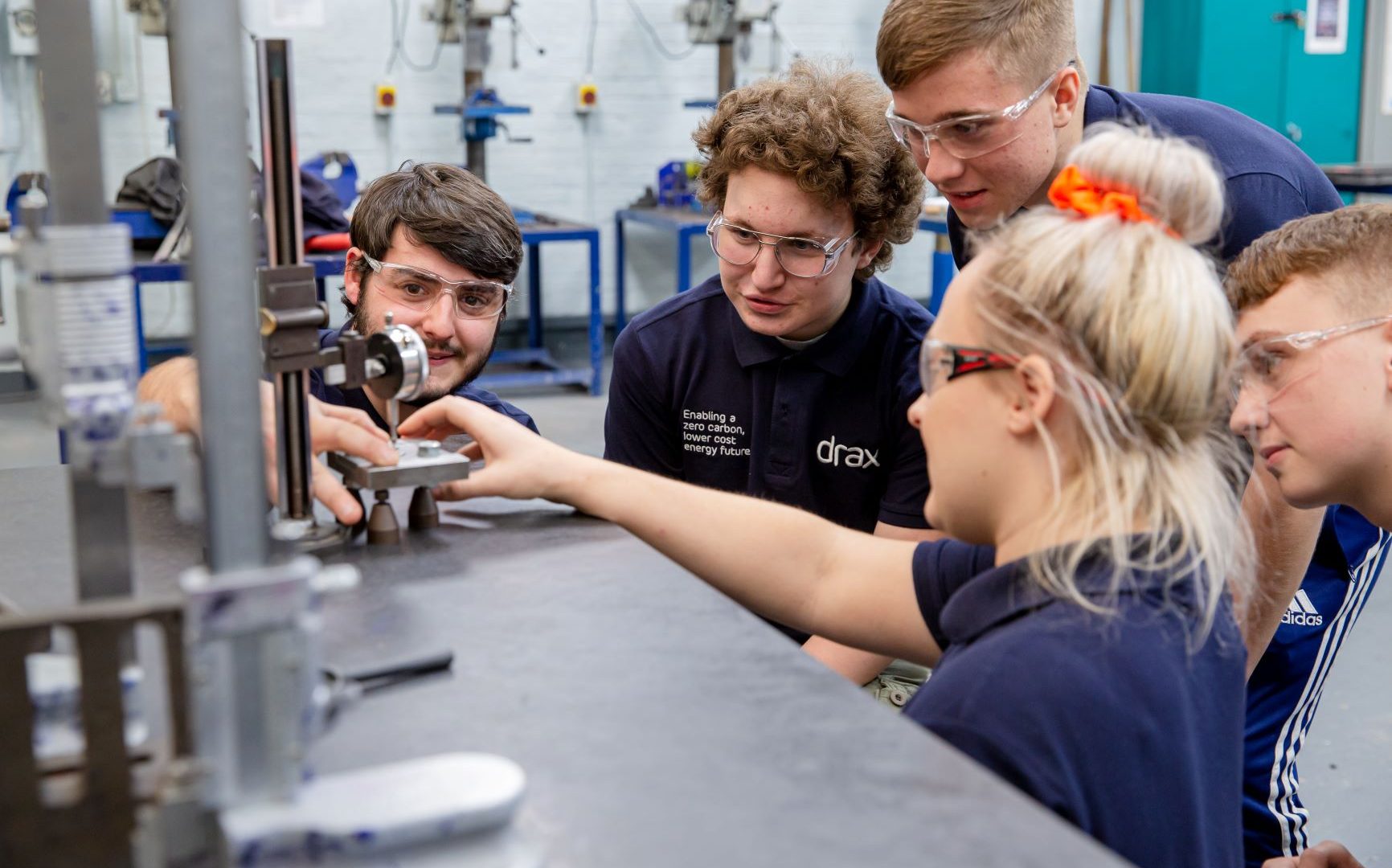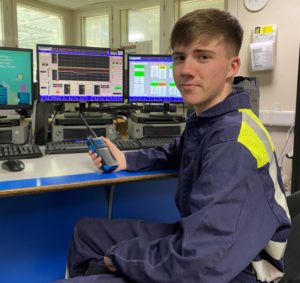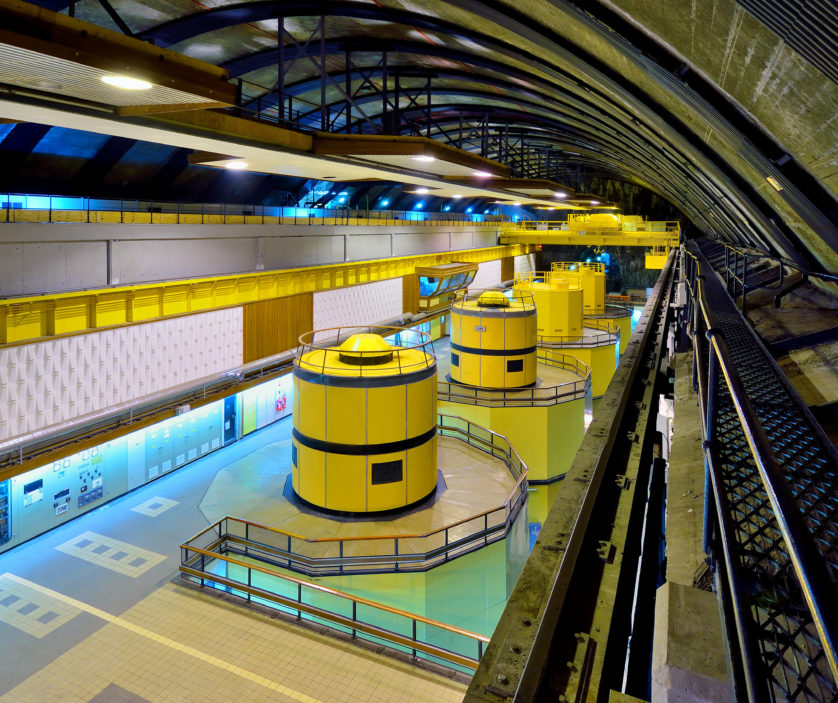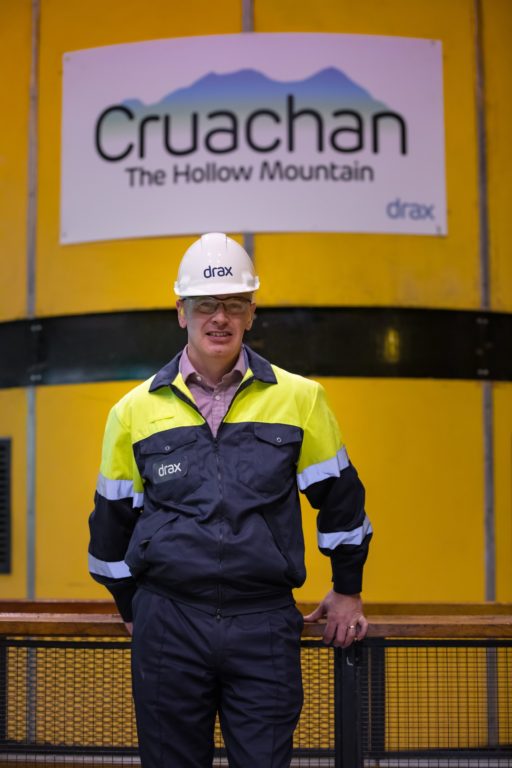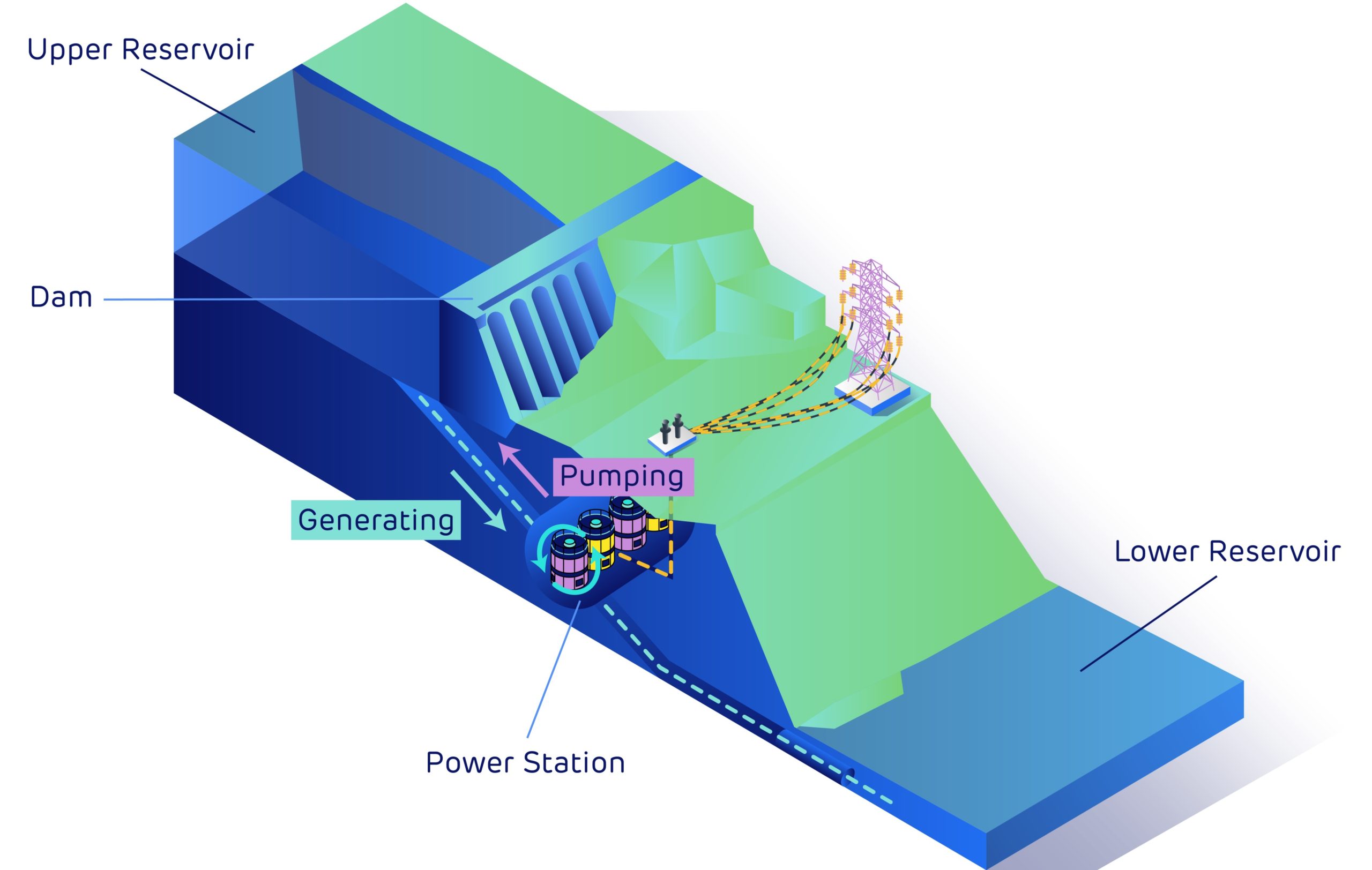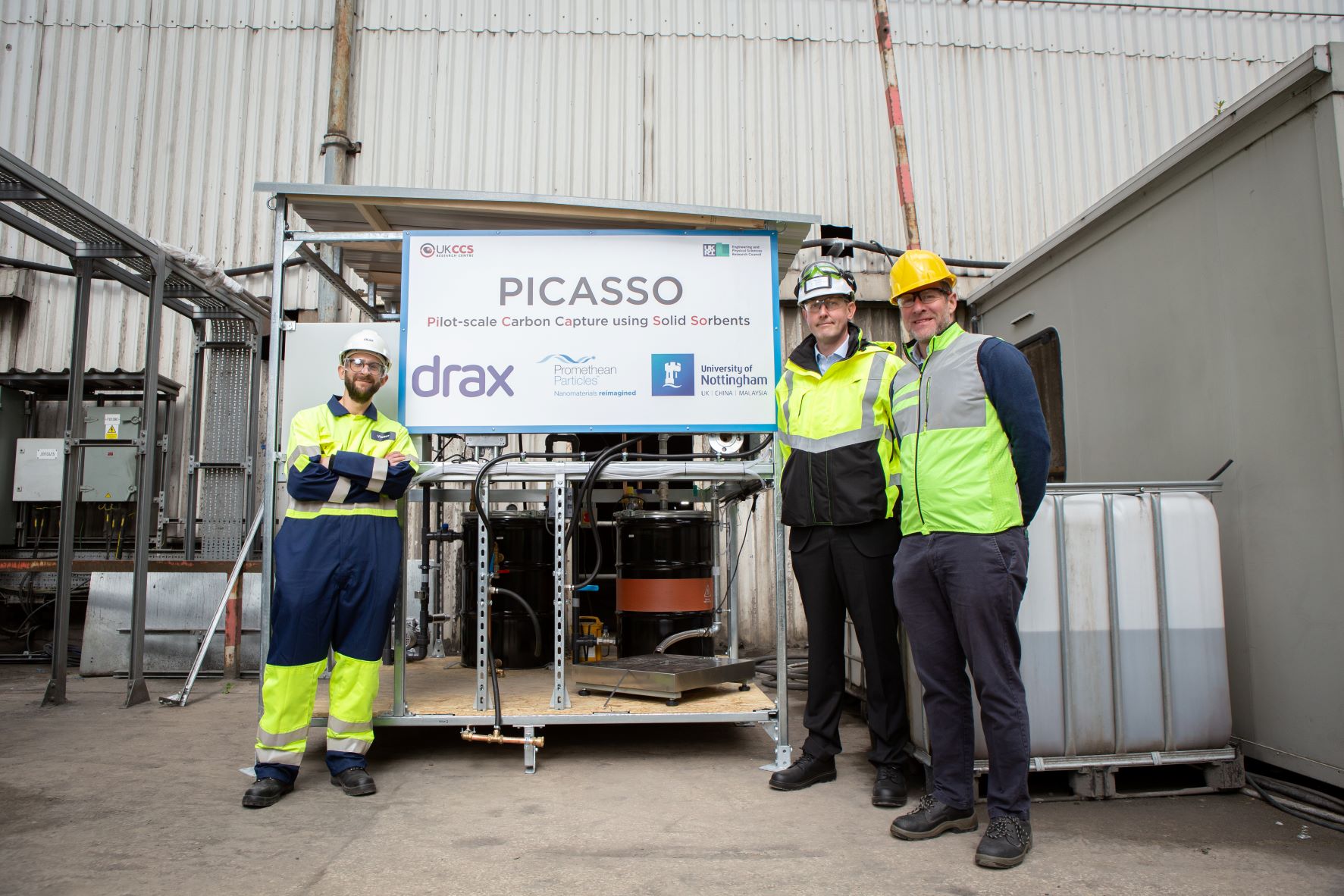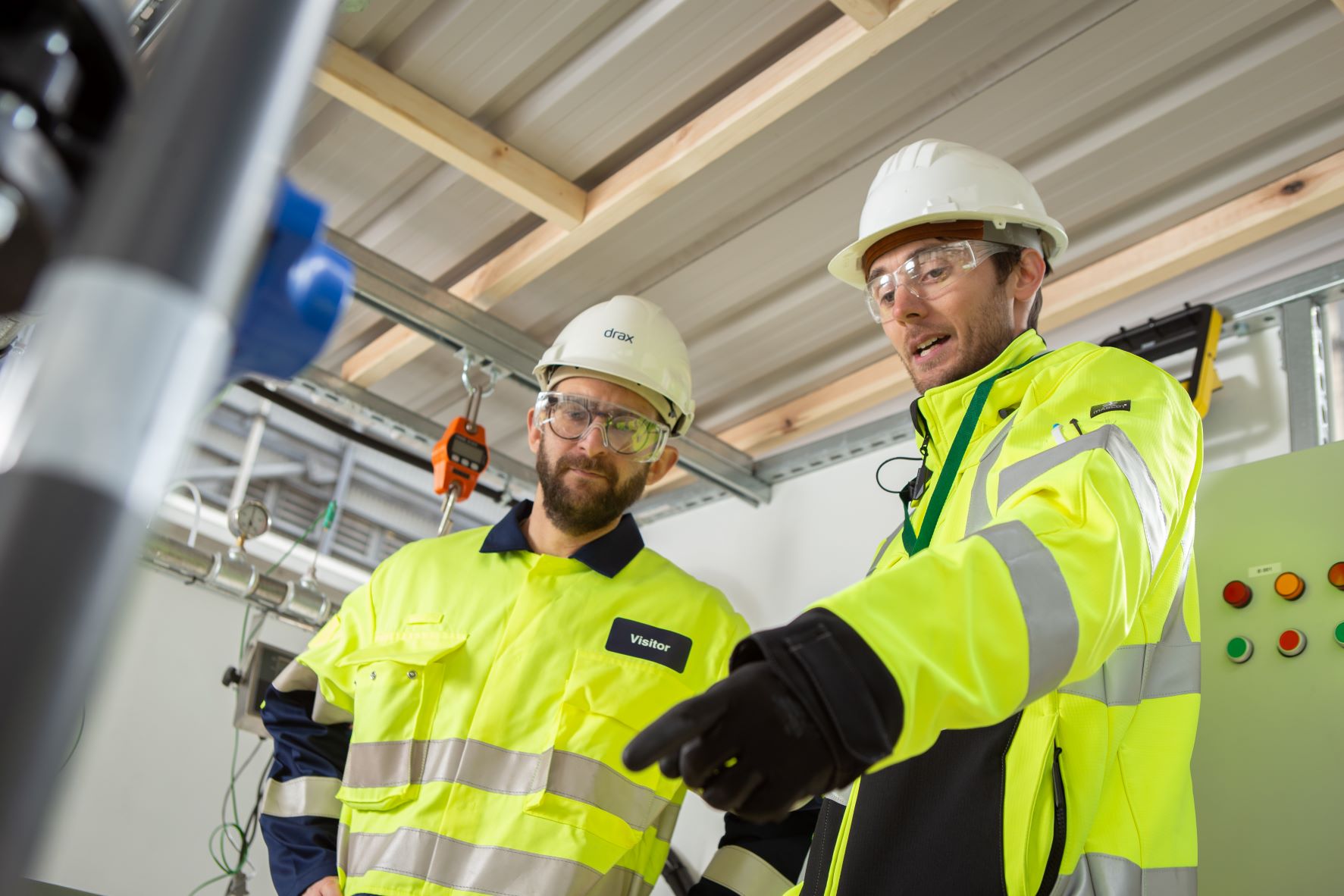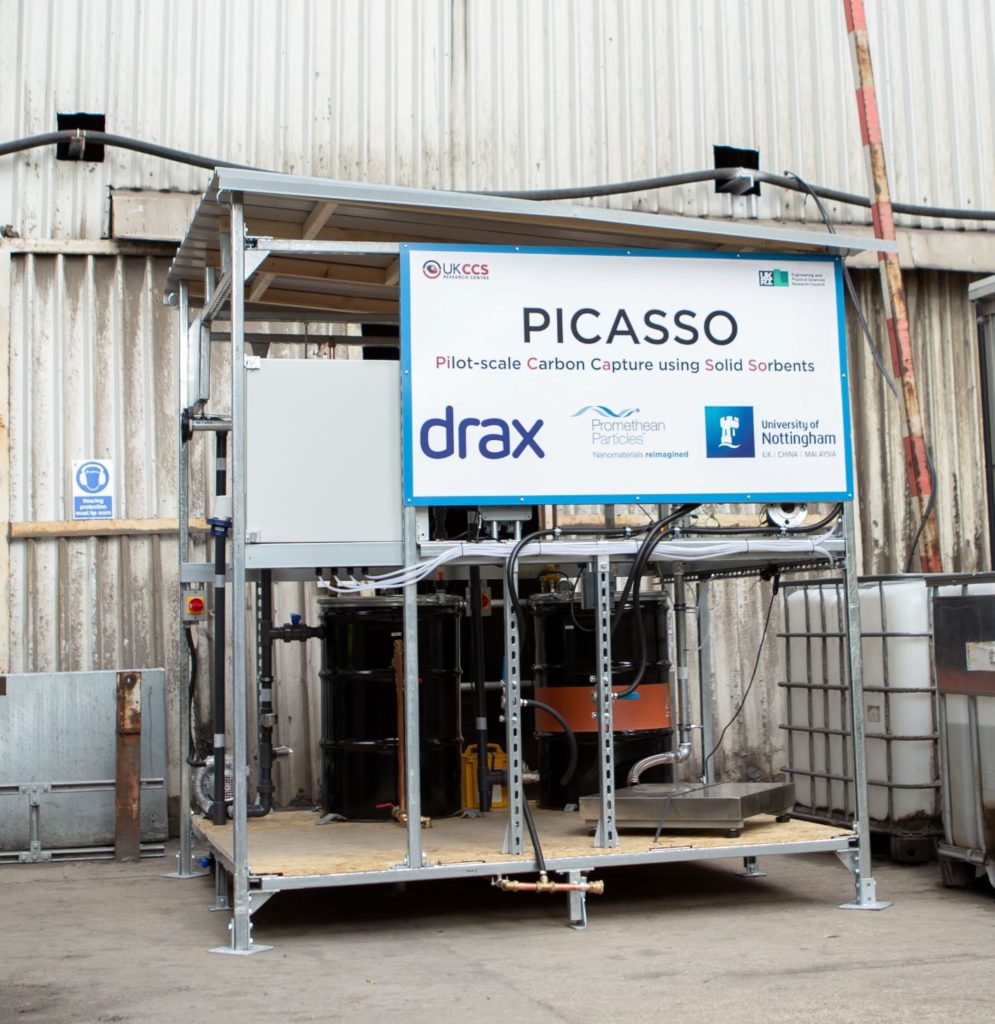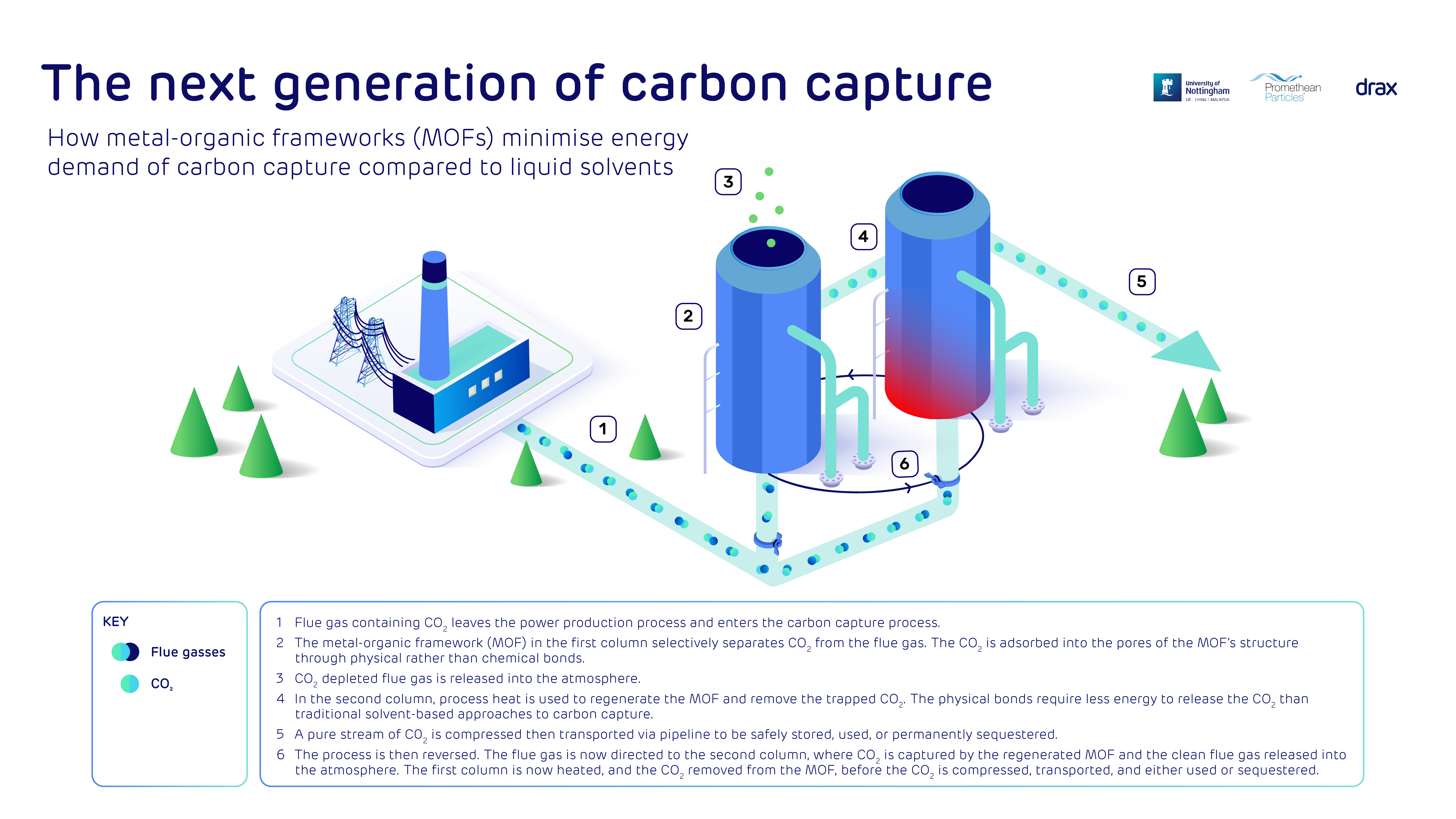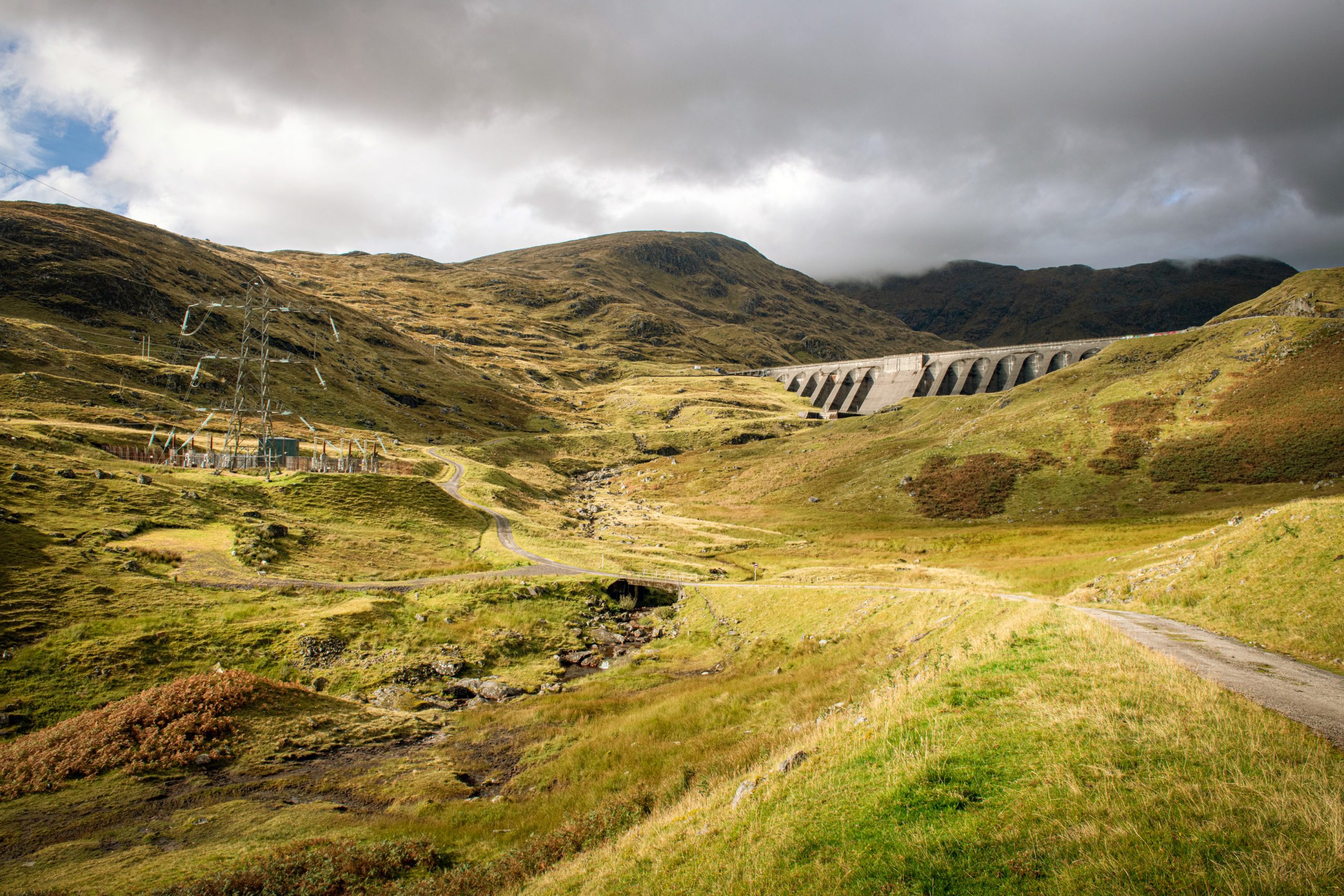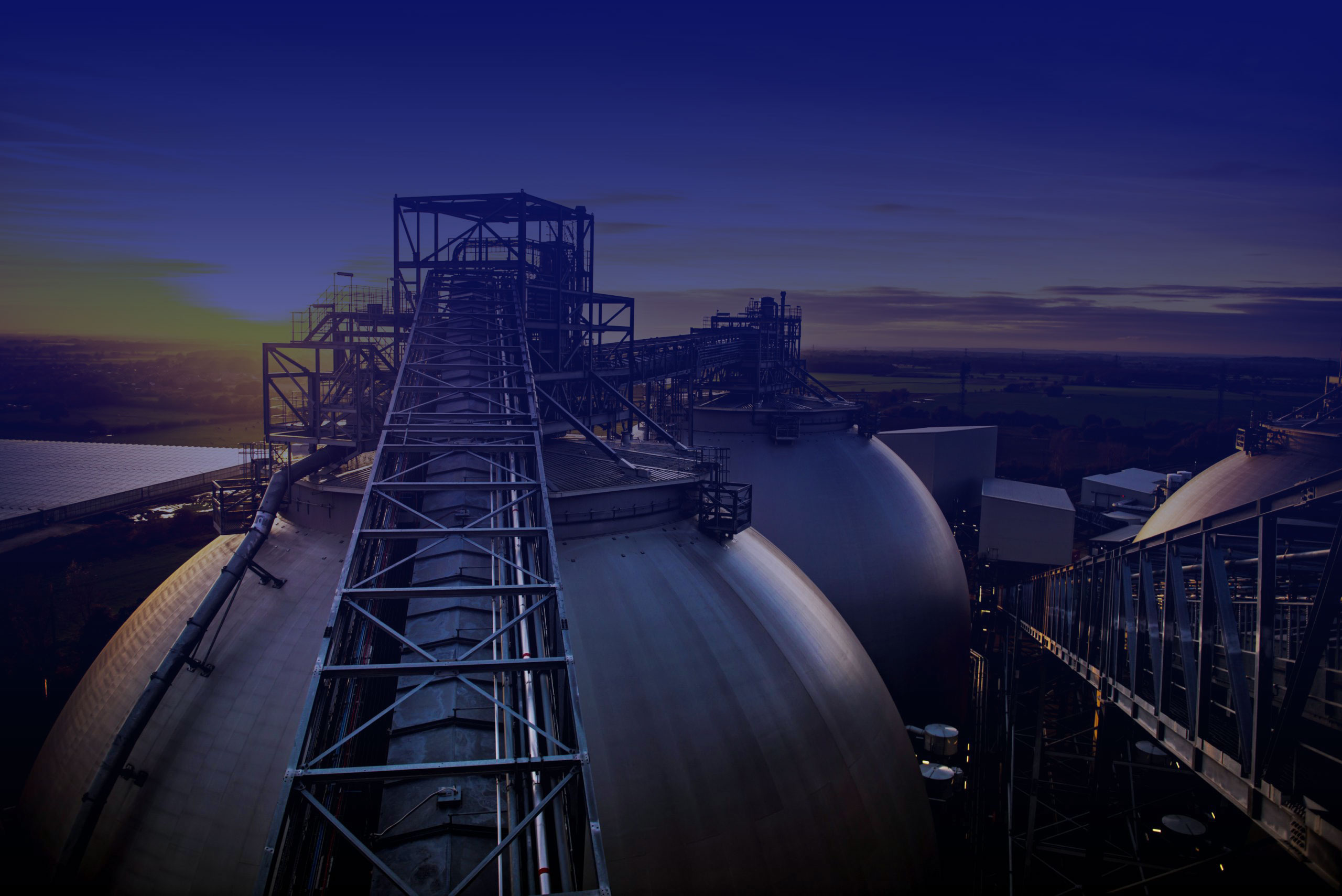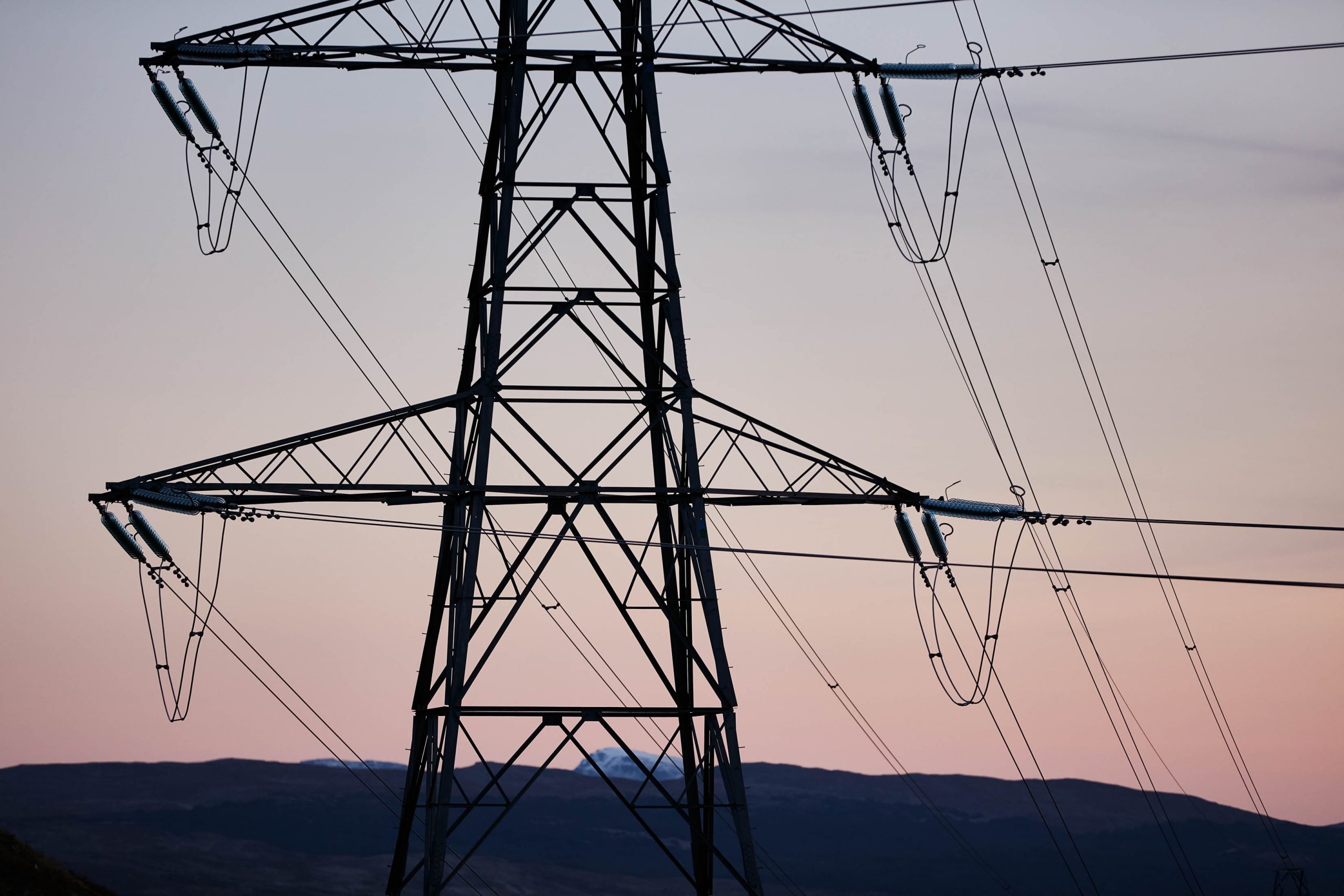
- Investing in more long duration electricity storage, such as expanding Drax’s Cruachan pumped storage hydro plant in Scotland, would mean more excess renewable power could be stored and made available when required, cutting costs and carbon emissions.
- The cost of turning off UK wind farms to manage the electricity system rose from almost £300m during 2020 to over £500m in 2021, contributing to higher energy bills and carbon emissions, according to a new report.
- Costs increased substantially because the system relied on expensive gas power to manage periods when wind power was curtailed, as not enough electricity storage was available to prevent the excess renewable power from wind farms going to waste.
The independent report by Lane Clark & Peacock (LCP), commissioned by renewable energy leader Drax, found that over the last two years curtailing wind power added £806m to energy bills in Britain. Rising gas prices made the practice more expensive, as gas power stations were increasingly used to support the system when wind power was curtailed.
Click to view/download
Despite the growing need for more homegrown renewable power generation from wind farms to support energy security, enough renewable power to supply 800,000 UK homes went to waste in 2020 and 2021 as wind farms were routinely asked to switch off by the Electricity System Operator.
Click to view/download
This happened as a result of constraints in the transmission system and a lack of long-duration storage capacity, which is needed to manage periods when renewable power generation outstrips demand.
Britain is a world leader in wind power with capacity increasing from 5.4GW in 2010 to 25.7GW in 2021 – wind turbines now have the capacity to provide enough renewable power for almost 20 million homes.
But without any new long-duration storage projects built for almost 40 years in the UK, the only way to manage the imbalance when generation outstrips demand and prevent damage to the electricity grid, is to curtail wind power – a practice which could be significantly reduced if more energy storage was available.
And with gas power stations overwhelmingly called upon to plug the gaps in supply when wind was constrained due to transmission issues, there was an environmental cost.
An extra two million tonnes of CO2 was emitted during 2020 and 2021 as a result of gas being used to replace curtailed wind power, equivalent to putting almost half a million more cars on Britain’s roads.
Chris Matson, from LCP, said:
“Increasing the output from wind power is essential for the UK to achieve its climate targets and ensure energy security. And yet because investment in the infrastructure needed to support this expansion has not kept pace, wind curtailment is costing the consumer and the environment. Every pound spent on curtailing wind power is a pound wasted.”
Find out more about Cruachan 2 here.
Drax has recently submitted an application to construct and operate a new underground pumped storage hydro power station at its existing Cruachan facility in Scotland.
The 600 MW plant will be located in one of the most constrained transmission areas and will play a crucial role in supporting more wind power to come online to reduce energy bills and carbon emissions.
Penny Small, Drax’s Group Generation Director, said:
Penny Small, Drax Group Generation Director
“This report underlines the need for a new regulatory framework to encourage private investment in long-duration storage technologies.
“The UK is a world-leader in offshore wind, but for the country’s green energy ambitions to be realised we need the right energy storage infrastructure to support this vital technology, make the system secure and reduce costs.
“Drax’s plan to expand Cruachan will strengthen UK energy security, by enabling more homegrown renewable electricity to power British homes and businesses, reducing system costs and cutting carbon emissions.”
Long-duration storage projects have been left in limbo in recent years without an updated policy and market support mechanism from the UK Government.
The lack of a framework for these technologies means that private investment cannot currently be secured in new pumped storage hydro projects, with no new plants built anywhere in the UK since 1984 despite their critical role in decarbonisation.
ENDS
Media contacts:
Aidan Kerr
Media Manager
E: aidan.kerr@drax.com
T: 07849090368
Editor’s Notes
A copy of the ‘Renewable curtailment and the role of long duration storage’ report can be found here.
- The report defines consumer costs of curtailing wind as the cost of turning wind plant down (bid costs), the consumer benefit arising from the non-payment of low-carbon support payments to curtailed wind plant, and the cost of paying generation to turn-up (offer costs) to replace the lost wind generation.
- Of the £806m cost to consumers from wind curtailment in 2020 and 2021, 82% (£663m) was from curtailing wind in Scotland – underlining the need for flexible technologies in Scotland specifically.
- In May, Drax applied for consent to build a new 600MW pumped storage hydro plant at its existing Cruachan facility in Argyll, Scotland.
- The new power station could be operation in 2030 with construction work getting underway in 2024.
- It will be a major infrastructure project which will remove of around 2 million tonnes of rock from inside the mountain to create a cavern and tunnels, with around 900 jobs created during its construction and across the supply chain.
- Long-duration electricity storage can be defined as technologies that are able to respond to supply and demand variations caused by daily peaks, weather events and seasonal patterns, providing power for more than four hours at their full capacity.
- The UK government’s 2021 Smart Systems and Flexibility Plan recognised long-duration storage as “…essential for achieving net zero.”
- The government held a call for evidence to hear the industry’s views on de-risking investment at the end of 2021 and aims to evaluate options and respond this year.
About Drax
Drax Group’s purpose is to enable a zero carbon, lower cost energy future and in 2019 announced a world-leading ambition to be carbon negative by 2030, using Bioenergy with Carbon Capture and Storage (BECCS) technology.
Drax’s around 3,000 employees operate across three principal areas of activity – electricity generation, electricity sales to business customers and compressed wood pellet production and supply to third parties. For more information visit www.drax.com
Power generation:
Drax owns and operates a portfolio of renewable electricity generation assets in England and Scotland. The assets include the UK’s largest power station, based at Selby, North Yorkshire, which supplies five percent of the country’s electricity needs.
Having converted Drax Power Station to use sustainable biomass instead of coal it has become the UK’s biggest renewable power generator and the largest decarbonisation project in Europe. It is also where Drax is piloting the groundbreaking negative emissions technology BECCS within its CCUS (Carbon Capture Utilisation and Storage) Incubation Area.
Its pumped storage, hydro and energy from waste assets in Scotland include Cruachan Power Station – a flexible pumped storage facility within the hollowed-out mountain Ben Cruachan.
The Group also aims to build on its BECCS innovation at Drax Power Station with a target to deliver 4Mt of negative CO2 emissions each year from new-build BECCS outside of the UK by 2030 and is currently developing models for North American and European markets.
Pellet production and supply:
The Group has 17 operational pellet plants and developments with nameplate capacity of 4.6Mt, which will increase to c.5Mt once developments are complete.
Drax is targeting 8Mt of production capacity by 2030, which will require the development of over 3Mt of new biomass pellet production capacity. The pellets are produced using materials sourced from sustainably managed working forests and are supplied to third party customers in Europe and Asia for the generation of renewable power.
Drax’s pellet mills supply around 30% of the biomass used at its own power station in North Yorkshire, England to generate flexible, renewable power for the UK’s homes and businesses.
Customers:
Drax is the largest supplier of renewable electricity to UK businesses, supplying 100% renewable electricity as standard to more than 370,000 sites through Drax and Opus Energy.
It offers a range of energy-related services including energy optimisation, as well as electric vehicle strategy and management.
To find out more go to the website www.energy.drax.com
About LCP
LCP’s energy analytics team specialises in the modelling and analysis of the GB power sector. LCP’s modelling plays a key role in the sector and is at the heart of GB policy analysis. Their electricity market forecasting models are used by BEIS to assess the impact of changes to energy policy, including the analysis behind its energy white papers and Net Zero strategy. It is also used by National Grid ESO to model system security, by Ofgem to assess changes to charging arrangements, and by the LCCC to set the costs to suppliers of the Contracts for Difference scheme.
LCP also work with clients across the UK and Ireland to provide market forecasting, asset valuation and policy impact analysis. These clients include generators, suppliers, investors, strategists, traders and policy analysts.
Source for cars on the road saving:
67.7 Mt of CO2e from cars (& taxis) in 2019, 32.84m cars on road on avg in 2019. 2.06 tonnes of CO2e per car 1.02426 Mt of emissions per year from wind curtailment = 497,251 cars.






